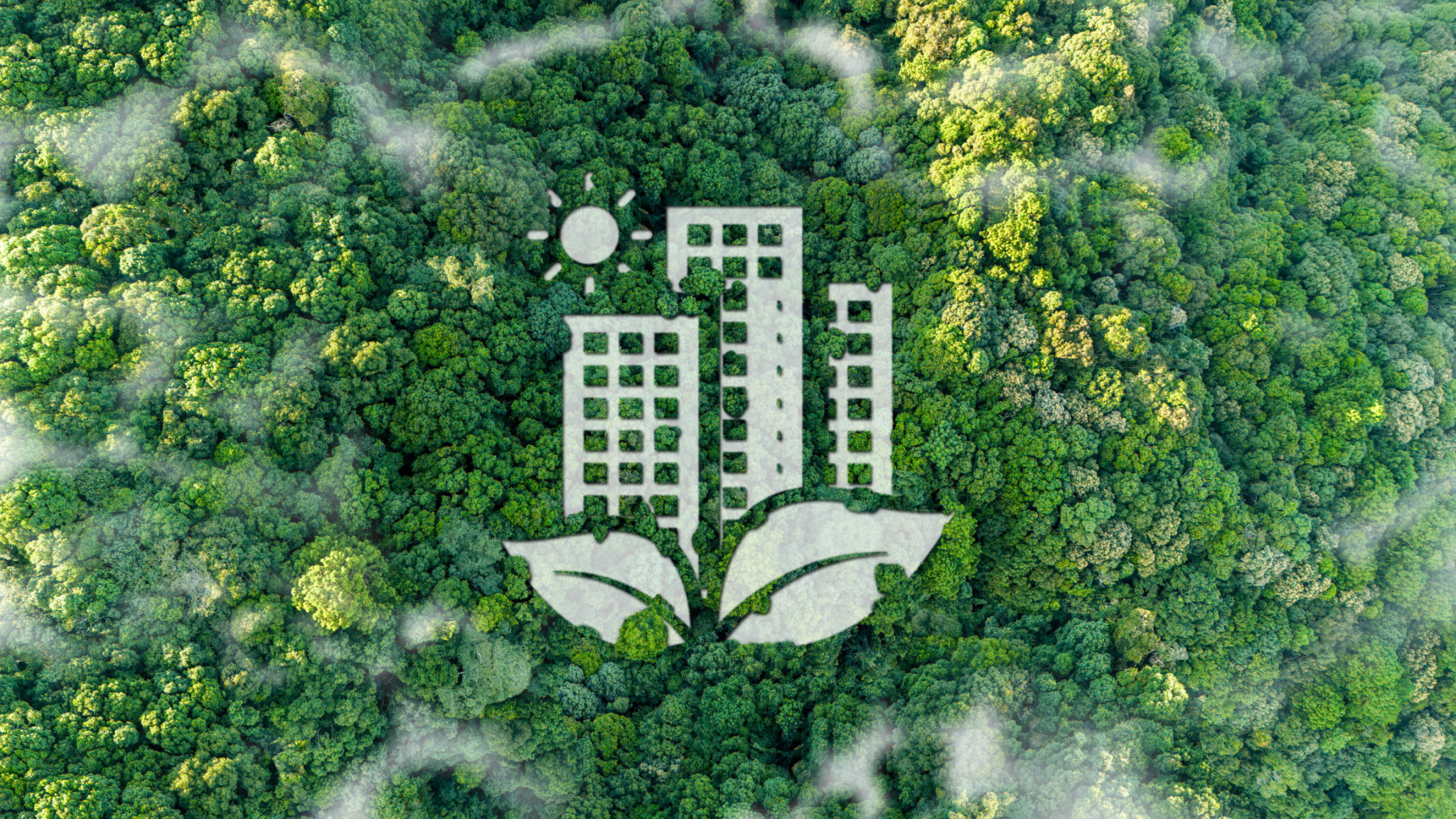Eco-Friendly Building Solutions: Transforming Cape Town's Skyline
Understanding Eco-Friendly Building Solutions
As urban development accelerates around the globe, the need for sustainable building practices has never been more pressing. Cape Town, a city renowned for its breathtaking landscapes and vibrant culture, is at the forefront of this green revolution. By embracing eco-friendly building solutions, Cape Town is transforming its skyline while minimizing environmental impact.
Sustainable architecture focuses on reducing the carbon footprint of buildings throughout their lifecycle. This involves using renewable materials, optimizing energy consumption, and incorporating innovative design principles. Cape Town is leading by example, setting new standards for eco-conscious construction.

Innovative Materials and Techniques
One key aspect of eco-friendly construction is the use of sustainable materials. In Cape Town, architects and builders are turning to locally sourced materials like bamboo, recycled steel, and reclaimed wood. These materials not only reduce the environmental impact but also add a unique aesthetic to the structures.
Moreover, advanced construction techniques such as prefabrication and modular building are gaining popularity. These methods significantly reduce waste and construction time while enhancing the quality of the final product. By adopting these practices, Cape Town is setting a precedent for cities worldwide.

Energy Efficiency and Renewable Sources
Energy efficiency is another cornerstone of eco-friendly building solutions. In Cape Town, many new buildings are designed to reduce energy consumption through smart design and technology integration. This includes the use of energy-efficient lighting, HVAC systems, and high-performance insulation.
Additionally, the incorporation of renewable energy sources like solar panels and wind turbines is becoming more prevalent. These technologies not only reduce reliance on fossil fuels but also offer long-term cost savings for building owners.

Water Conservation Strategies
Water scarcity is a significant concern in Cape Town, making water conservation a crucial element of sustainable building practices. Many developments are incorporating rainwater harvesting systems and greywater recycling to minimize water usage.
Low-flow fixtures and smart irrigation systems are also being implemented to further reduce water consumption. By prioritizing water efficiency, Cape Town is addressing both environmental concerns and the practical realities of its local climate.
The Role of Green Spaces
Green spaces play an essential role in eco-friendly urban development. Rooftop gardens, vertical greenery, and urban parks are not only aesthetically pleasing but also improve air quality and promote biodiversity.
In Cape Town, efforts to integrate green spaces into urban planning are creating healthier environments for residents while enhancing the city's natural beauty. These spaces also provide vital habitats for local wildlife and contribute to the well-being of the community.

The Future of Eco-Friendly Development
As Cape Town continues to grow, embracing eco-friendly building solutions will be essential for sustainable development. By setting ambitious goals and adopting innovative practices, the city is paving the way for a greener future.
The success of these initiatives in Cape Town serves as an inspiration for other cities facing similar challenges. As more urban areas prioritize sustainability, the global impact of these efforts will contribute significantly to environmental conservation and climate change mitigation.
As we look to the future, the commitment to eco-friendly building solutions will not only transform skylines but also foster a more sustainable world for generations to come.
